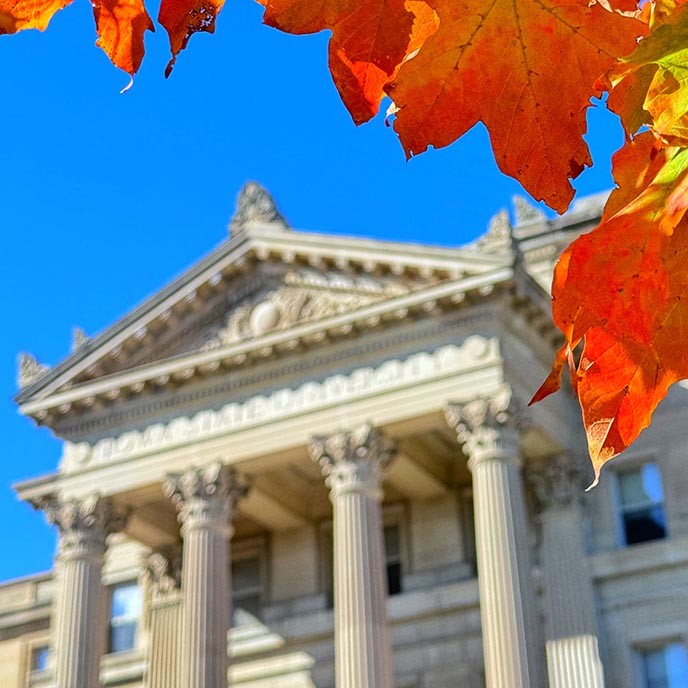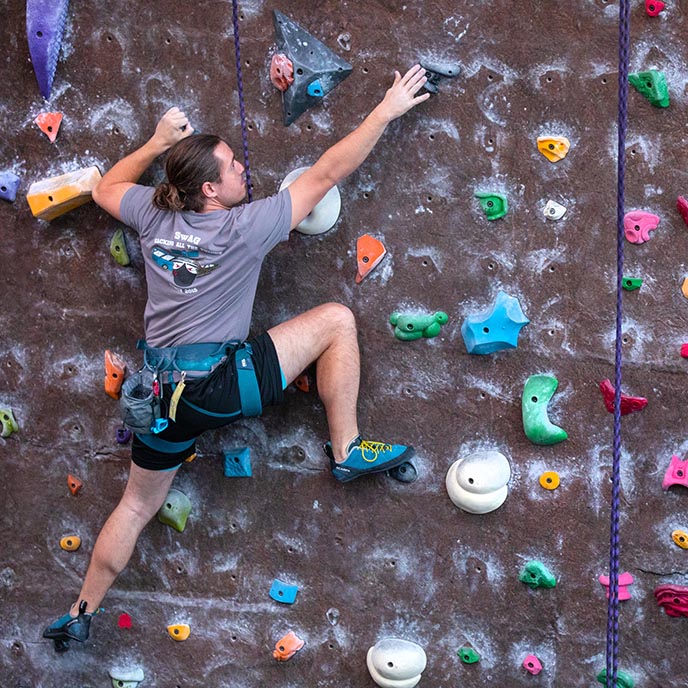A Solid Foundation
Iowa State University comprises a community of students, faculty, and staff who constantly strive to understand our world, impart new knowledge, and solve the most pressing challenges facing humanity today. Our identity as a leading science and technology land-grant university requires us to think innovatively about strategic planning and develop a framework that focuses our future endeavors.
Dynamic and different, the Iowa State University Strategic Plan for 2022 to 2031 was designed specifically to move us forward to achieving what Iowa State truly plans to be in the future. It prepares the university for capturing continuous input, for proving our agility in taking advantage of new opportunities and for sharing our stories of innovation and progress. That’s why the plan takes a longer view — nine years — comprising three-year segments.




